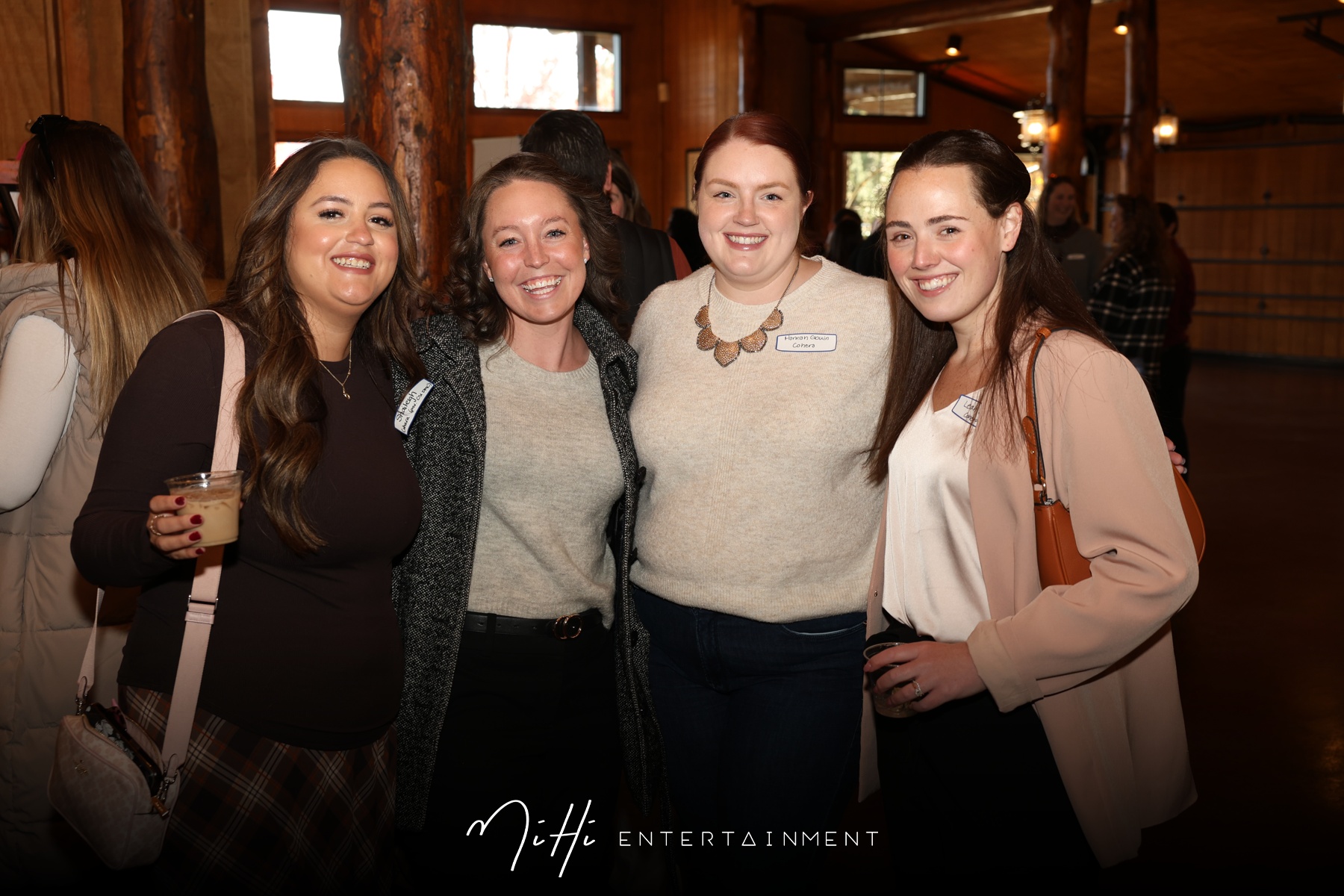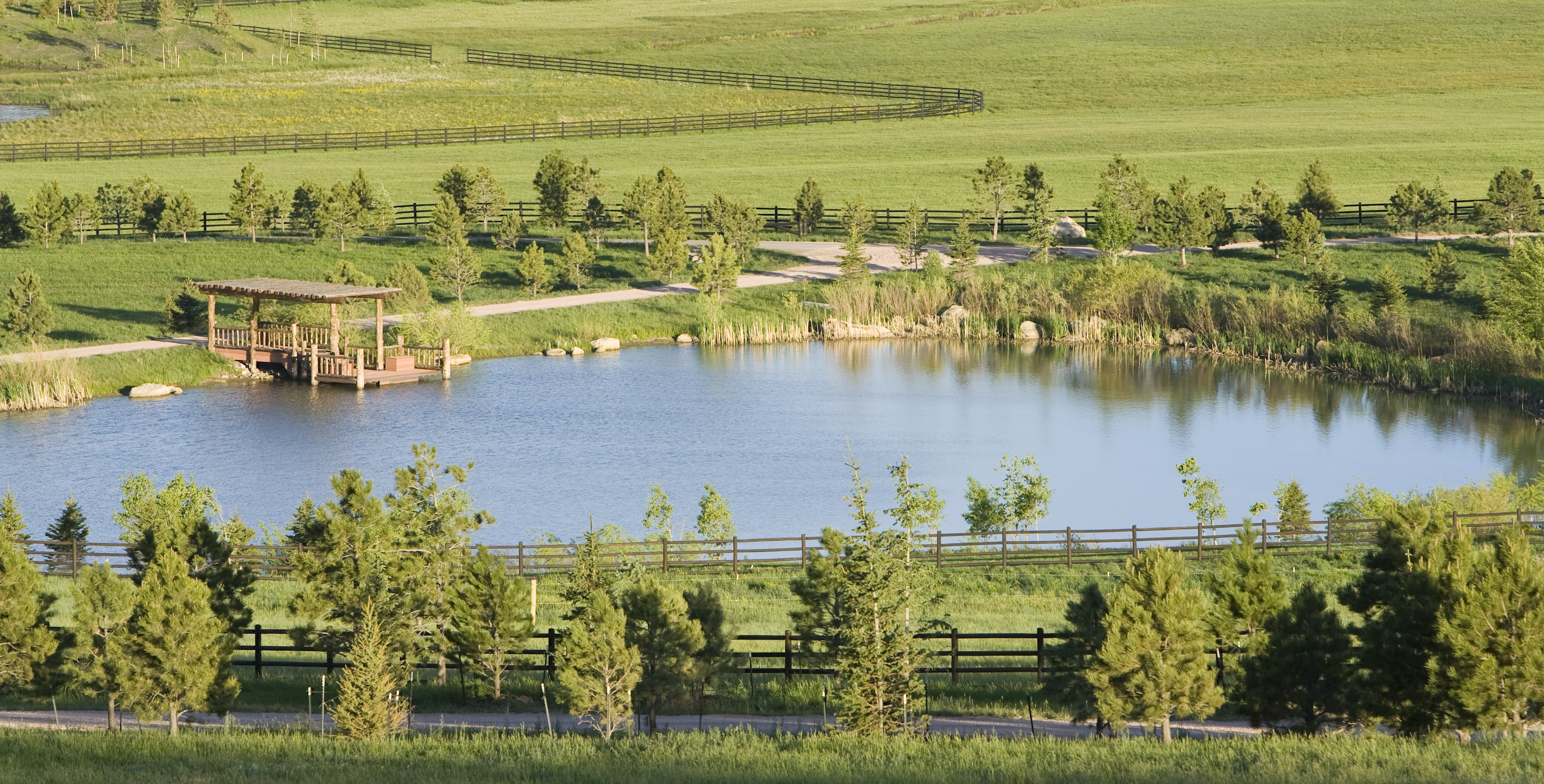
Know Your Audience: Tailoring Event Entertainment to Guest Demographics

Photo Credits: From the Hip Photo
When planning an event of any kind, matching the perfect entertainment to your specific audience is crucial for success. And unless you are an experienced event planner, this task can be more challenging than meets the eye. Choose wrong, and you risk attendees feeling disconnected, uncomfortable, or worse—ducking out early.
For example, you wouldn’t want to hire a motivational speaker for a birthday party.
Nor would it be wise to invite a comedian who loves to poke fun at the millennial or Gen-Z crowd to a company event with diverse age groups.
Whether you’re a professional event planner seeking fresh ideas or an employee responsible for selecting vendors, this guide will help you pick entertainment that will suit your audience’s unique style and preferences.
The Link Between Entertainment & Guest Satisfaction
Entertainment is about more than just creating an appealing environment and bringing smiles to your guests’ faces. While those things will inevitably happen when you’ve hired appropriately, the ultimate goal of event entertainment is to maximize guest engagement and satisfaction.
Mismatched entertainment often translates to:
-
Reduced participation
-
Negative perception of the event
-
Missed opportunities for meaningful connection
-
Damage to your organization’s reputation
-
Wasted time and money
-
Decreased attendance at future events
On the other hand, an entertainment strategy tailored to your target demographic helps ensure you meet your event’s primary objectives—whether that’s developing stronger industry connections, developing a community around a shared passion, or simply leaving guests feeling thoroughly delighted and satisfied.
Demographic Factors to Consider for Entertainment Planning
-
Age
Influenced by their upbringing and evolving cultural values, generational differences significantly impact entertainment preferences. For example, while a classic rock band is on par with the baby boomer generation, you’d have better luck choosing indie or contemporary pop tunes for an event with largely millennial attendees.
-
Cultural Background
Entertainment that is culturally insensitive can alienate guests and leave guests with a nasty taste in their mouths. Do your research. Consider how certain music choices, comedic content, or other special activities may be perceived by your guests if not handled appropriately.
-
Professional or Social Affiliation
Imagine attending a corporate event where professionals are invited to sing karaoke. Or a wedding with a profane stand-up comedian in place of a DJ and dancing. Some activities just don’t fit certain types of events.
-
Interests and Hobbies
Want to really captivate your audience? Figure out what they like to do in their spare time. What music do they listen to? Are they outdoor enthusiasts or technology fanatics? Would they prefer sophisticated whiskey tastings or creative signature cocktails?
-
Group Dynamics and Size
If you’re working with a smaller, close-knit guest list, interactive experiences like wine tastings or murder mystery dinners encourage the perfect amount of participation. Larger events generally benefit from dynamic live performances or captivating stage shows that work at scale.
-
Social Habits
Would you identify your audience as connection-seekers or introverts? Comfort-zoners or experience-chasers? Eventbrite put together a useful guide that groups audiences into seven distinct categories—knowing where your audience falls can help you choose activities that correspond with how attendees prefer to interact at events.
How to Gather Audience Insights in Advance
If you have limited knowledge of your guest demographics, you can gather valuable audience information through:
-
Pre-event surveys and questionnaires: Use an online survey tool like Typeform or SurveyMonkey to learn more about attendee demographics and preferences.
-
Registration forms: In some cases, the information you need can be gleaned from event registration forms (professional titles, affiliations, activity preferences, etc.).
-
Internal experience and knowledge: Even just speaking with a sample of expected attendees can help you get an idea of what might resonate.
-
Past event data: Look back at previous years’ results and feedback. What was a hit, and what flopped? How can you improve based on past hard-learned lessons?
Examples of Successful Event Entertainment by Demographic
Scenario 1: Corporate Team Building Event
Audience: Mix of young professionals and seasoned executives, goal-oriented, professional focus
-
Interactive team challenges (e.g., scavenger hunt or trivia)
-
Live band with broad, multi-generational appeal (e.g., a sophisticated jazz trio or music across the decades)
-
Engaging keynote speakers or skills workshops
-
“Edutainment” stations (e.g., mixology classes, whiskey tasting, cigar rolling, or golf simulation)
-
Networking-focused social hour with background music and refreshments
Scenario 2: Wedding Reception
Audience: Wide age range (including children), diverse cultural backgrounds, celebrating a couple
-
A “variety band” or DJ with a vast music library
-
Cultural dance performances and demonstrations
-
Printable wedding games
-
Cozy bonfire and s’mores station
-
Casual outdoor lawn games (e.g. cornhole, big jenga, or Kubb)
-
Kid-friendly zone (e.g., supervised crafts, face-painting, or balloon artist)
-
Late-night snack bar
Scenario 3: Fundraising Gala
Audience: High-class adults of varied ages, shared philanthropic interest
-
Elegant live music (e.g., string quartet, classical pianist, smooth jazz ensemble)
-
Charismatic auctioneer for silent auctions
-
Interactive storytelling (e.g,. video testimonials from beneficiaries or live Q&A panel)
-
Inspirational performances related to your cause (e.g. youth choir supported by the charity or a powerful theatrical piece)
Scenario 4: High School or College Reunion
Audience: Adults around the same age, reconnecting with old friends
-
DJ or band playing popular hits from “way back when”
-
Nostalgic food and drinks table
-
Interactive memory lane stations (e.g., slideshow of old yearbook photos or "Then and Now" photo booths where guests recreate old photos)
-
School- or class-specific trivia competition
-
Open-mic night or talent show
Scenario 5: Family Celebration or Milestone Birthday
Audience: Wide age range (children to seniors), familial connections, bringing generations together
-
Versatile DJ with a multi-generational music repertoire
-
Outdoor lawn games for children and adults (e.g. ladder ball, croquet, or cornhole)
-
Caricature artist, magician, or comedian
-
Interactive activities (e.g., golf simulation, horseback riding, stargazing)
-
Kids’ activity zone with age-appropriate games, crafts, or a movie
-
Photo scavenger hunt
-
Family talent showcase
Leverage Spruce Mountain Ranch for Your Diverse Entertainment Needs
Offering a broad selection of flexible indoor and outdoor spaces, Spruce Mountain Ranch supports a wide range of events—whether you’re planning an elegant nonprofit soiree, a celebratory gathering, or a casual business retreat.
Need a stage? We’ve got it. Audiovisual capabilities? You betcha! Wide open spaces to execute your vision to a T? Have your pick of our various breathtaking indoor and outdoor spaces.
Interested in Spruce Mountain Ranch for your next event? Visit our website to learn more about our venue or contact our team today to schedule a tour or booking.
Read more:




